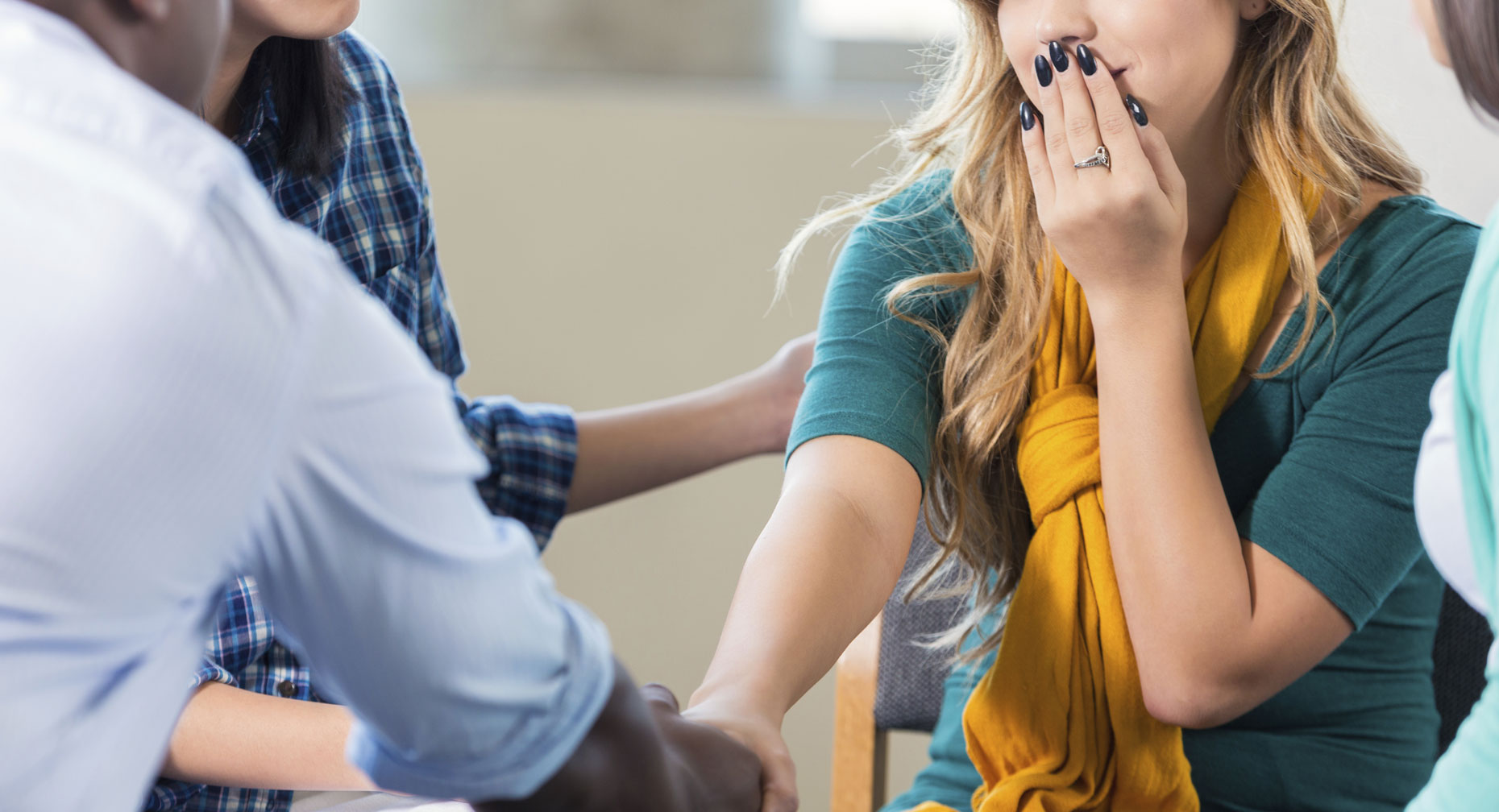Someone Special is Depressed: 10 Ways to Help

Answer a few questions and we'll provide you with a list of primary care providers that best fit your needs.
You can expect anyone to encounter the blues after a troubling life event like a divorce, death of a loved one or job loss. That’s natural.
Above all, be there. Listen. And be as encouraging as possible.
But be prepared to take the cue and step in to offer help when you notice that a friend or relative sinks into a prolonged period of sadness. Especially if they are so consumed that they can’t keep up their daily routine. This could be a sign of depression.
A Healthy Dose of Friendship
First of all, understand that they may reject your offer, at least at first.
Don’t take it personally. If they are depressed, they may be so mired in helplessness and hopelessness that they don’t have the energy to act and get help, or accept that they need it.
Above all, be there. Listen. And be as encouraging as possible. Here are 10 tactics experts suggest:
- Encourage them to seek professional help. First, for a diagnosis. Then treatment, if necessary.
- Offer to accompany them to appointments. And continue to offer encouragement and a listening ear throughout treatment, with reminders that depression is a treatable illness.
- If they continue to resist, call the doctor for advice on what to do.
- Help them follow their treatment plan. And be watchful. Thoughts of suicide can arise more often in the first couple of months of drug therapy.
- Be positive and sympathetic when you two talk. Keep in mind that depression is real and isn’t something a person can simply “snap out of.”
- Just listen. That’s often what your friend needs most. Depressed people often feel better after they talk about their feelings.
- Extend invitations him to join you for a walk or other activities. Don’t be pushy, but do try again if you’re turned down at first.
- Don’t dismiss their feelings. Instead, point out realities, which can point the way to hope.
- Join a support or therapy group. These groups often help family and friends better understand a loved one’s depression and how to be supportive.
- Take all talk or threats of suicide seriously. It may come across as a bid for attention. But don’t take that chance. Seek immediate help by calling 9-1-1, your family doctor or the National Suicide Prevention Lifeline, 1-800-273-8255.
Answer a few questions and we'll provide you with a list of primary care providers that best fit your needs.
Source: Premier HealthNet; Healthline; National Institute of Mental Health



.tmb-card-head.webp?sfvrsn=680c0961_9)
